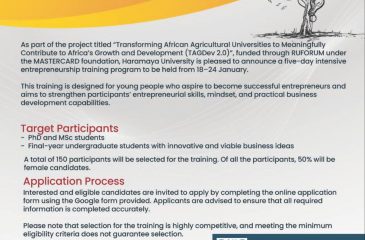Haramaya University has equipped local farmers with cutting-edge agricultural techniques aimed at establishing a fully integrated technology village.
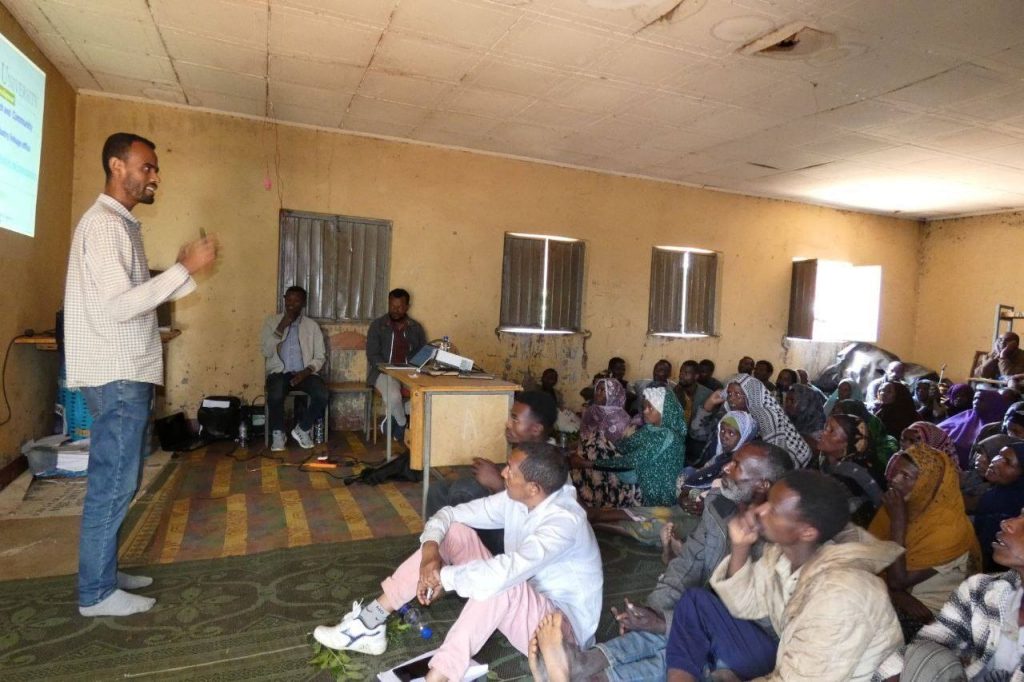
The initiative seeks to create a model farm that will serve as a learning hub and inspire wider adoption of modern practices within the community.
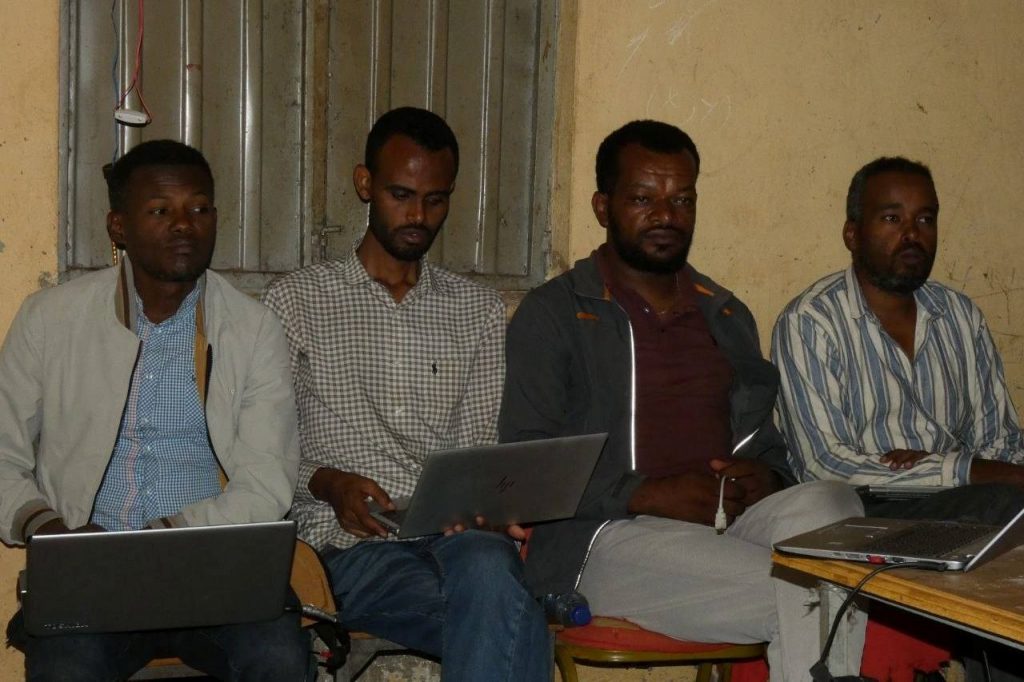
Mr. Ibsa Aliyi, the Community Engagement Coordinator at Haramaya University, emphasized the transformative potential of the project. “Our primary goal is to develop a fully integrated technology village where farmers can witness firsthand the life-changing impact of modern agriculture,” he stated. “This village will serve as a practical demonstration site for other farmers in the region.”
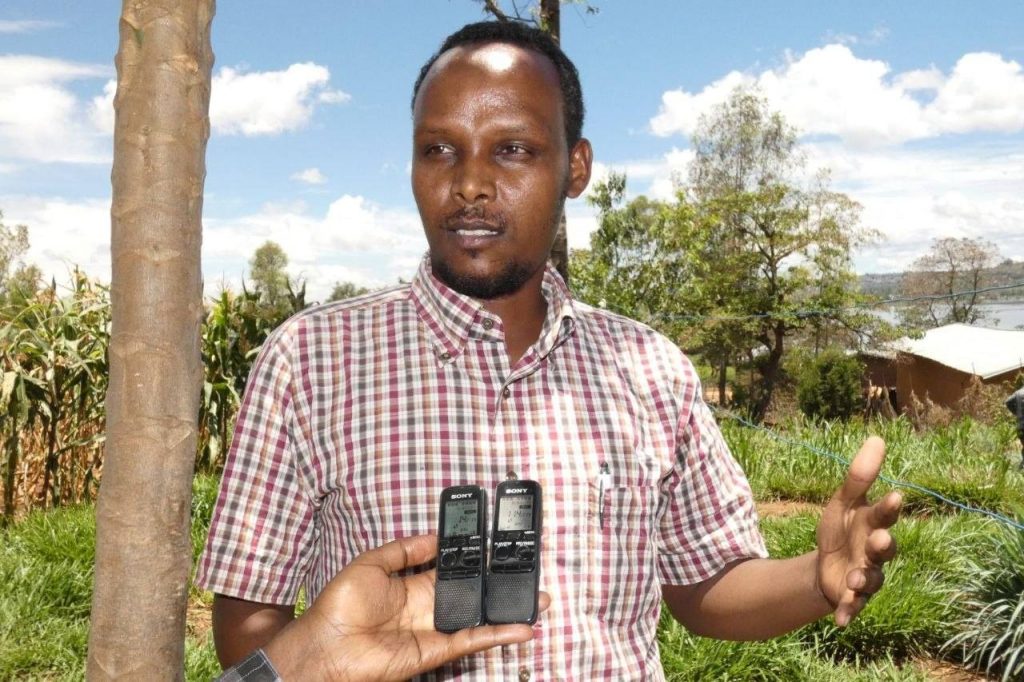
The first phase of the training program benefited 60 farmers (both male and female) from the Ifa Oromia Kebele in Maya city. The comprehensive curriculum covered a range of crucial agricultural sectors, including the selection of high-yield cereals and sugarcane varieties, vegetable and fruit cultivation, modern beekeeping and honey production, dairy and beef cattle management, and fish farming techniques. Participants are expected to become early adopters and disseminate their newly acquired knowledge.
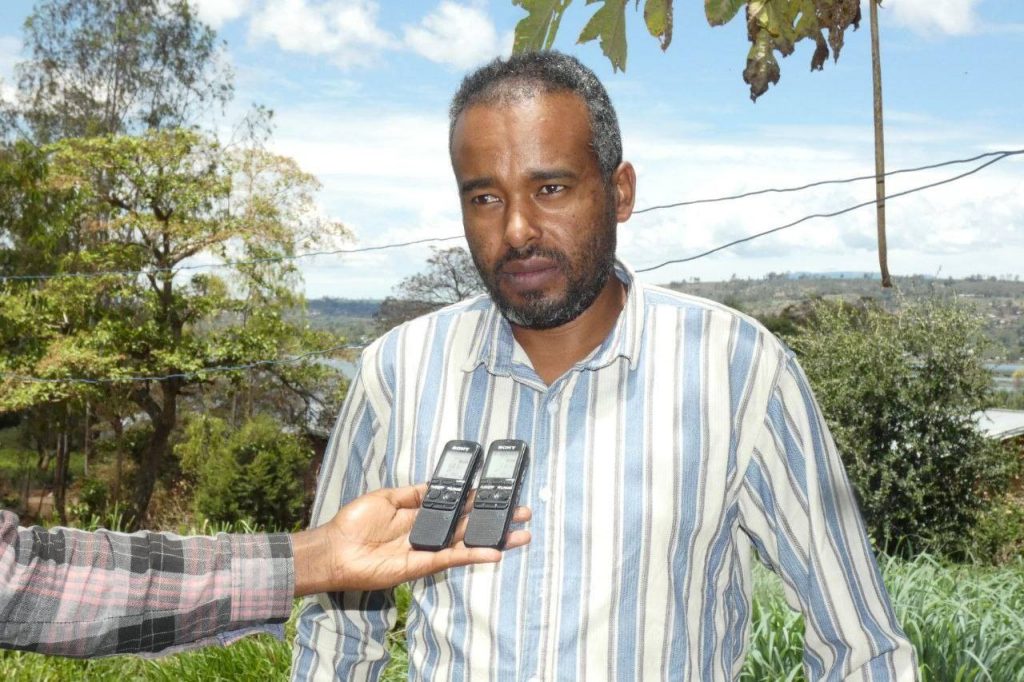
Mr. Fuad Abdusalam, a researcher and lecturer in plant science at Haramaya University, detailed the training provided on advanced production methods for cereals, sugarcane, and oilseeds. “We emphasized the importance of implementing modern agricultural practices across the entire production cycle, from meticulous land preparation and appropriate tillage methods to diligent monitoring and timely harvesting,” Mr. Fuad explained. “Adopting these techniques will be instrumental in significantly boosting farmers’ productivity.”
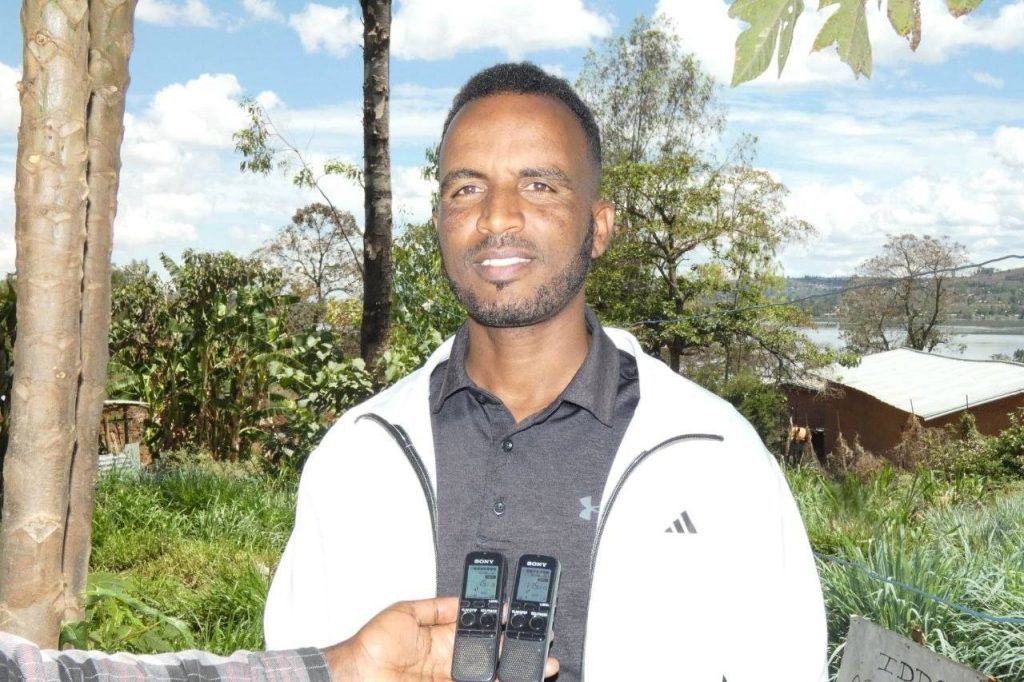
Mr. Bekele Kebede, a researcher and horticulture lecturer at the university, underscored the critical role of scientific methods in transforming livelihoods.
“Farmers must understand that sustainable improvements in their income depend on embracing the scientific approaches they have learned,” Mr. Bekele asserted. The training covered essential aspects such as selecting climate-appropriate seeds, proper land preparation, the application of natural fertilizers, and effective strategies for disease and pest management.
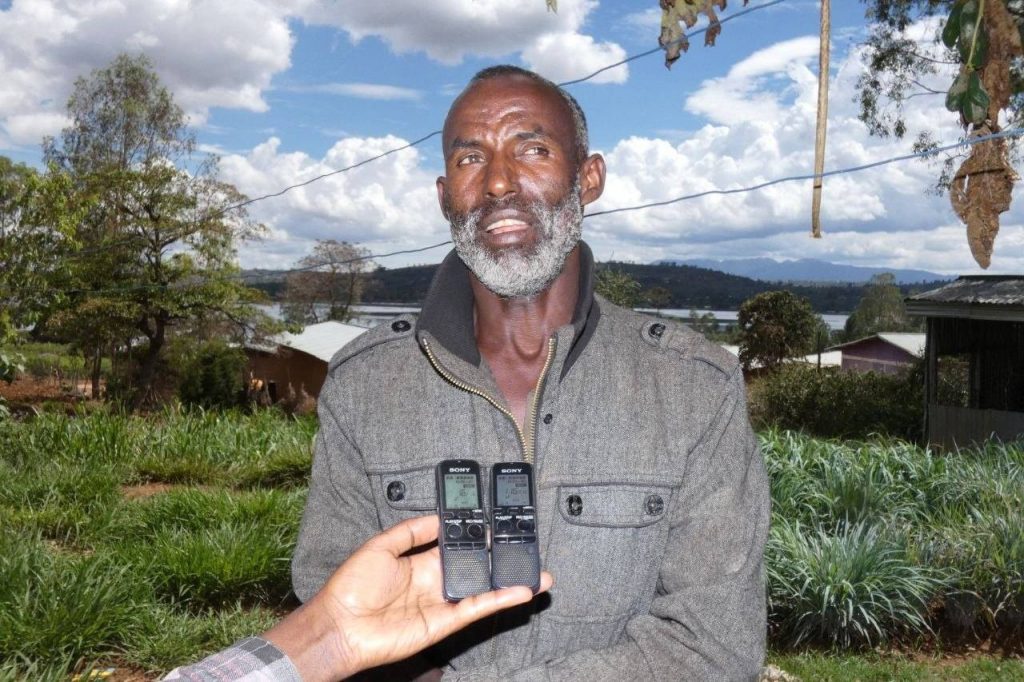
Participating farmers expressed their enthusiasm for the knowledge gained and their commitment to applying it. “The training provided by Haramaya University has opened our eyes to a wide array of modern technologies,” one farmer commented. “We are confident that we can translate these insights into tangible improvements in our farming practices and share our experiences with others to collectively enhance our productivity.”
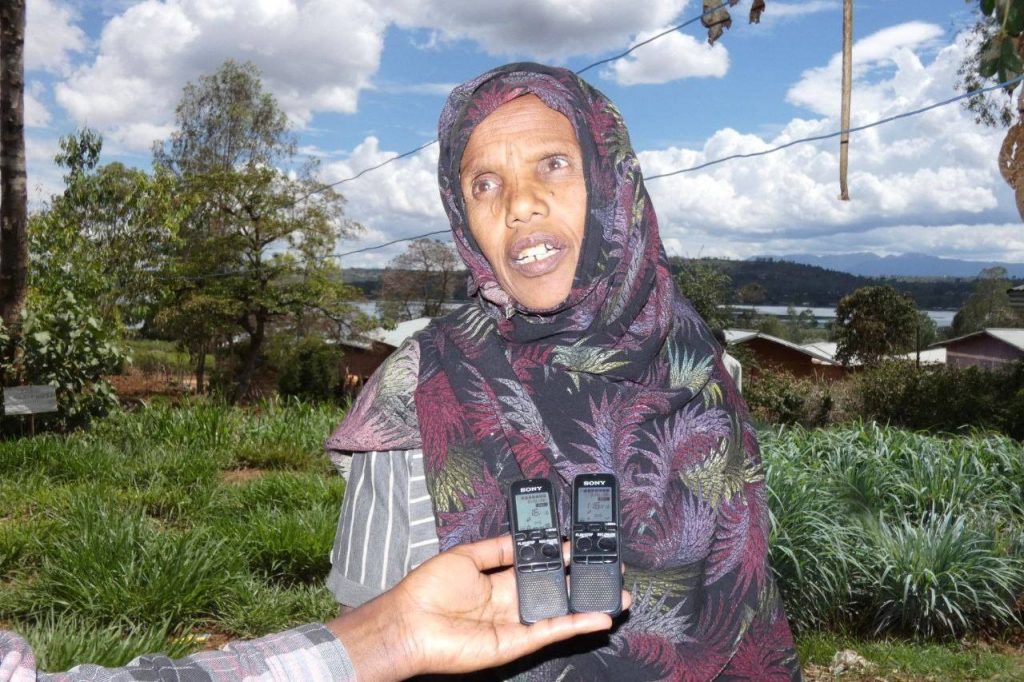
This initiative by Haramaya University underscores its commitment to community engagement and agricultural development, paving the way for a more prosperous and technologically advanced agricultural sector in the region.
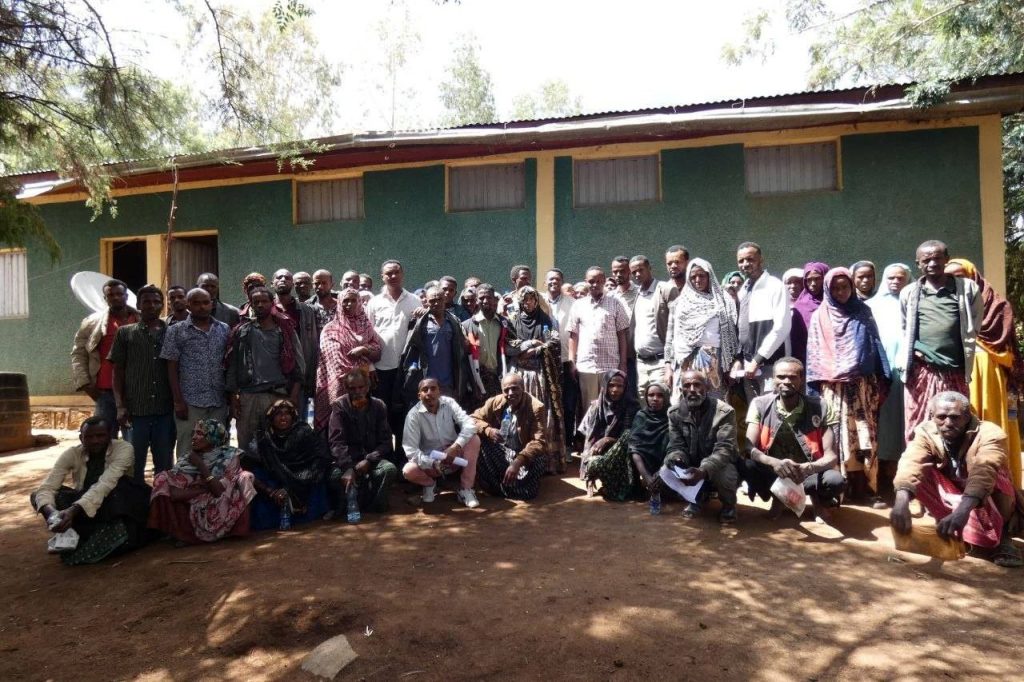
Reporter: Shemsedin Mohammad
Photographer: Tewodros Lishan
Haramaya University Public and International Relations Directorate

